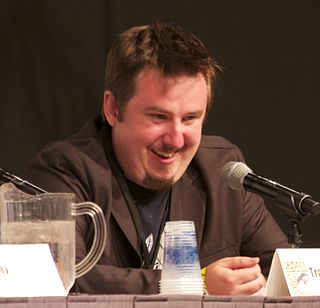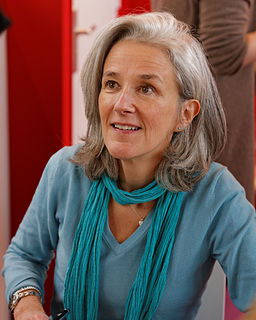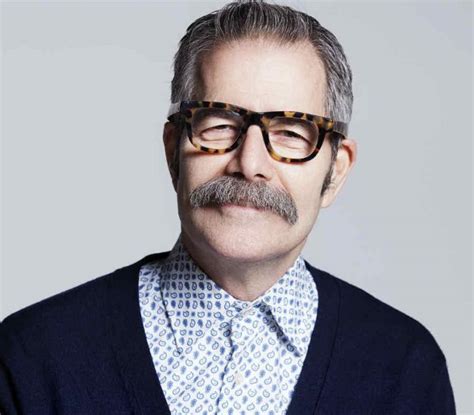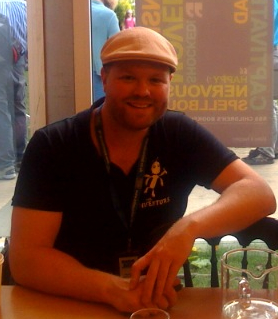A Quote by Steven Weinberg
I can hope that this long sad story, this progression of priests and ministers and rabbis and ulamas and imams and bonzes and bodhisattvas, will come to an end. I hope this is something to which science can contribute ... it may be the most important contribution that we can make.
Related Quotes
And then the spirit brings hope, hope in the strictest Christian sense, hope which is hoping against hope. For an immediate hope exists in every person; it may be more powerfully alive in one person than in another; but in death every hope of this kind dies and turns into hopelessness. Into this night of hopelessness (it is death that we are describing) comes the life-giving spirit and brings hope, the hope of eternity. It is against hope, for there was no longer any hope for that merely natural hope; this hope is therefore a hope contrary to hope.
Hope? Hope is not the absence of tragedy, my friend. It is the conviction that tragedy can be endured. Hope is the spark in you that is not subdued in the face of the vast and callous indifference of the universe. Hope is that which is not shattered by hardship. Hope is the urge to fight what is wrong even when you know it will destroy you. Hope is the decision to love and need someone knowing that they will one day die. For me to promise that there are no obstacles would be the cruelest lie I could possibly tell. That lie is not hope. Hope is the will which needs no lies.
Most people are excited about themselves. Personal genome will deliver for inexpensively something about science to which you can relate. Just like computers are becoming something to which you can relate. It should be even easier to relate to your own biology, and I hope that will be one of the ways we get broader literacy in science.
We believe that it is very important that we have hopefully averted what would have been the most substantial headwind of all, which is a default for the first time in our history, and that that will contribute to a more positive environment that we hope will allow for greater growth and job creation.
When your fight has purpose - to free you from something, to interfere on the behalf of an innocent - it has a hope of finality. When the fight is about unraveling - when it is about your name, the places to which your blood is anchored, the attachment of your name to some landmark or event - there is nothing but hate, and the long, slow progression of people who feed on it and are fed it, meticulously, by the ones who come before them. Then the fight is endless, and comes in waves and waves, but always retains its capacity to surprise those who hope against it.
It's very important for us because we are viewers, first and foremost. We view more than we make. For us, it's important that the viewing experience is fun and thrilling and exciting and fresh and different. Those are our goals when we are writing something. When you watch it in the theatre, which I hope you will, how will you have the best experience possible? That's really important to us, and is the most thrilling.





































